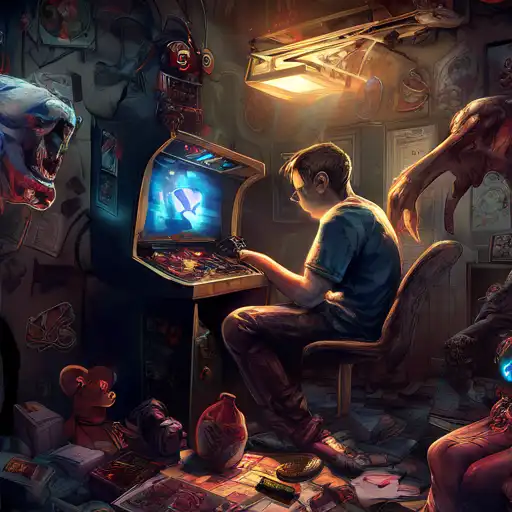Introduction to Gaming Addiction
Gaming addiction has become a significant concern in the digital age, affecting individuals across various age groups. This article delves into the psychological underpinnings of gaming addiction, shedding light on why some individuals are more susceptible than others.
The Role of Dopamine in Gaming Addiction
At the heart of gaming addiction lies the brain's reward system, primarily driven by dopamine. This neurotransmitter plays a pivotal role in how we experience pleasure and motivation. Games are designed to trigger dopamine releases, creating a cycle of reward and reinforcement that can lead to addictive behaviors.
Psychological Vulnerabilities to Gaming Addiction
Not everyone who plays video games becomes addicted. Certain psychological factors increase vulnerability, including:
- Low self-esteem
- Social anxiety
- Depression
- Lack of real-life social connections
These factors can make the virtual world of gaming more appealing than real-life interactions, leading to excessive play.
Escapism and Gaming Addiction
For many, gaming serves as an escape from reality. Whether it's stress, trauma, or dissatisfaction with one's life, games offer a temporary reprieve. However, when escapism becomes the primary coping mechanism, it can spiral into addiction.
Preventing and Addressing Gaming Addiction
Understanding the psychological triggers is the first step in prevention and treatment. Strategies include:
- Setting time limits on gaming
- Encouraging real-life social interactions
- Seeking professional help when needed
For those interested in learning more about digital wellness, exploring resources on mental health can provide valuable insights.
The Future of Gaming and Mental Health
As the gaming industry continues to evolve, so does the understanding of its impact on mental health. By fostering awareness and promoting healthy gaming habits, it's possible to enjoy the benefits of gaming without falling into the trap of addiction.
For further reading on related topics, check out our articles on behavioral addictions and digital wellness.
